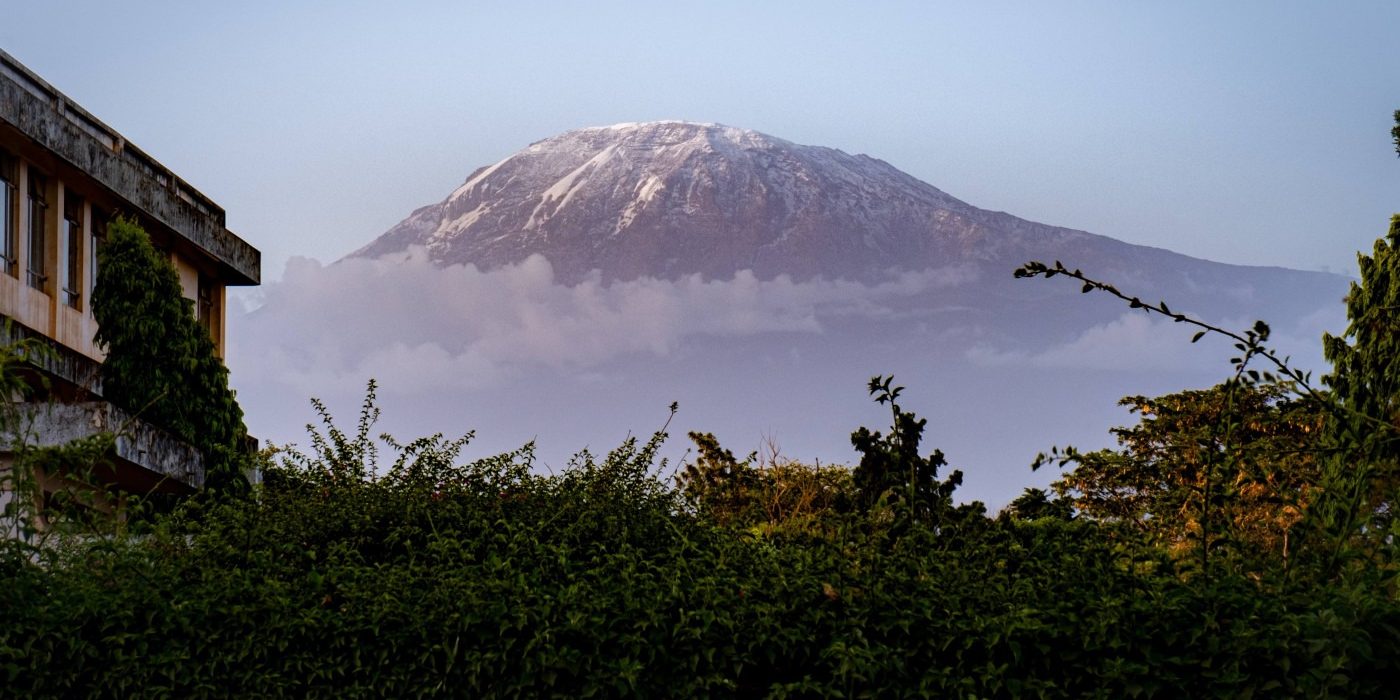Three weeks at Soweto Primary School, Tanzania
If you spend enough time at Soweto Primary School, you can tell which of the pupils are orphans by noticing that they wear different shoes each day. This is because the local orphanage does not let the children keep their own shoes. Each night, they must hand in the pair that they wore during the day and collect a different one in the morning. Often times, there’s not enough to go round, so the orphans who wake up slightly later than the others have to walk to school in socks or barefoot. It’s a long day without shoes. They will arrive at school just after the sun rises and stay there for hours after lessons have finished, cleaning classrooms, washing floors, and wiping down chalkboards even as some teachers go home. Only when they are forced out by the setting sun, will the orphans leave their friends and their books behind and begin the walk back to the orphanage, where they will eat their sole meal of the day before handing in their shoes and going to bed.
Soweto Primary School, located in a residential area of Moshi, a bustling city in the foothills of Mount Kilimanjaro, is hidden from view from the surrounding streets by a wall of trees and a field of maize. It has no front gate, but walk down a muddy path and you’ll come across the school’s 14 classrooms which are organised in parallel lines. They are extremely basic, with no electricity, no carpets and bars across the windows. All classes have three rows of small desks which sit three pupils each. There are at least 50 pupils for every lesson. Textbooks are shared one between five. Classroom equipment that we take for granted, such as posters and colouring pencils are sparse. There is not a single computer. The boys share one football at lunch, the girls one netball, while skipping ropes are made by tying pieces of grass together. The toilet is a hole in the ground.
Textbooks are shared one between five
Yet, despite all of this, during my three weeks in Moshi, I did not see or hear a single child complain once. Instead, every pupil I taught possessed a genuine desire to learn that burnt through like wildfire. The teachers did not have to remind their students of the importance of working hard. They know already that doing well at school is the only opportunity they have to improve their future in a country where more than a quarter of the population live in poverty.
That’s not to say that Soweto Primary School is an overly serious environment. In fact, it is probably one of the happiest places I have ever visited. For many pupils, school is an escape from the harsh realities of home, if they have one. It’s a chance to spend careless time with friends, to find their interests and to skip and dance and run about safely under the watchful eye of adults who are determined to provide the best education they can.
But there’s only so much the teachers can do. Phillipa, the English teacher who I was working with, told me that half of the 700 pupils at the school cannot afford the £20 yearly fee to have a school lunch. These children, often several inches smaller than they should be, usually eat one hot meal every two days. With no breakfast and no lunch, they struggle to concentrate in lessons. These pupils do not distract others, but put their heads down on the desks and tune out, conserving energy for the walk home.
Half of the 700 pupils at the school cannot afford the £20 yearly fee to have a school lunch
And nothing can be done to shelter the children from the dangers of growing up unprotected in a tempestuous city. During my last week, one of the medical students I was staying with in Moshi told me that a pupil from Soweto school had been rushed into A and E the night before, after being heavily injured in a Bajaji (the Tanzanian name for a Tuk-Tuk) crash. She had been trying to get a lift home.
Tanzania is renowned for its beautiful nature and wildlife. I will never forget seeing lions in the flesh, or watching a herd of elephants cross the road in front of me, almost at touching distance. I will always be able to picture the majesty of Mount Kilimanjaro, which towers over Moshi like a white-bearded god. But what will stay with me the most is the joy of the pupils at school. How every child laughed and smiled and lived to learn. How the orphans, even those without shoes, stayed behind to tidy up classrooms, not because they were forced to, but because they wanted to. How the teachers give everything to help their pupils, despite their own difficulties and the pitiful pay. In fact, the children and teachers at Soweto Primary School are the most inspiring people I’ve ever met.

Comments (2)
Very good writing ben
I’m from Moshi and have been excited by your account of the school. Schools in Moshi are considered the best in Tanzania. Finding such a needy school in this place means there are worse scenarios somewhere else and the government must do something about this. As a father of a kid undertaking primary education it always strikes my heart to learn of existence of primary education substandards which are common and often considered normal.